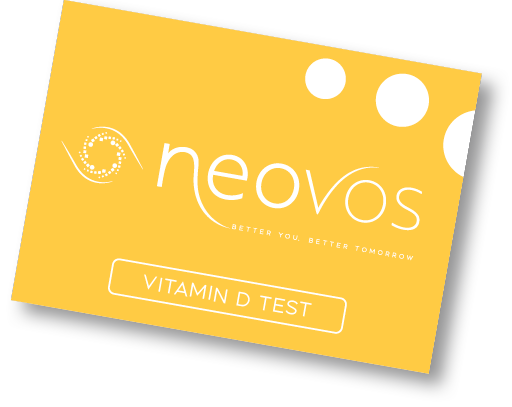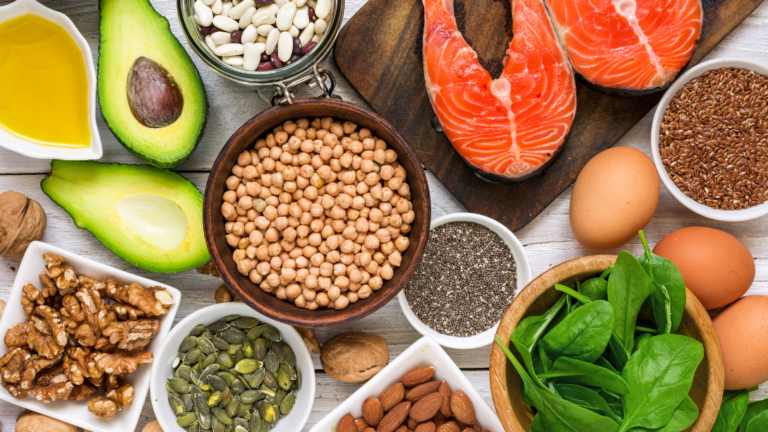
Do you really know your vitamin D levels?
Nearly every tissue in the body has vitamin D receptors, so it’s clear that it plays a key role in many different areas of our health. But is vitamin D really a vitamin?
Well, technically, no, it is what is known as a prohormone, which is produced in the skin upon exposure to UVB rays from sunlight, and then converted, via the liver and kidneys into the active form of vitamin D known as (and here’s the technical names) 1α,25-dihydroxyvitamin D or 1,25 (OH)2D for short.
What does vitamin D do?
But regardless of these technicalities, it is what vitamin D can do that is far more fascinating than what it is. Binding to the numerous receptors around the body, vitamin D is responsible for regulating hundreds of genes, including those associated with immunity, energy, gastrointestinal function and bone health. Through decades of research vitamin D deficiency has been linked to many inflammatory and autoimmune diseases as well as various types of cancer and cognitive impairment such as Alzheimer’s.
What are the symptoms when we don’t have enough vitamin D?
Vitamin D deficiency symptoms may include fatigue, low mood, frequent colds and infections or bone pain. Yet often, we may not even realise we are low in vitamin D, which is why testing our levels is so important. Measuring total vitamin D (25-OH D) in blood is considered the most reliable way of doing this. Once tested, we should get a reading usually in nanomoles per litre (shown as nmol/L). Levels over 75 nmol/L are considered optimum; 50-75 nmol/L are regarded as adequate; 25-50 nmol/L is deemed insufficient; whilst less than 25 nmol/L is regarded as deficient, which can increase our risk of bone-related conditions such as osteopenia and osteoporosis as well as other negative health consequences.
How can we raise our vitamin D levels?
The easiest and most efficient way to increase our vitamin D levels is spending time outdoors in the sunshine, hence vitamin D’s nickname ‘the sunshine vitamin’. Exposure of our unprotected skin to sunlight for approximately 20 minutes a day between 10am and 2pm is an effective way to build up our vitamin D levels.
What to do when sunshine is in short supply?
In the Northern Hemisphere getting an adequate amount of sun light is only possible between May and September, and we only store vitamin D for a couple of months. This means we won’t store enough vitamin D through autumn, winter and early spring. Whilst consuming foods containing vitamin D, especially oily fish, as well as butter, egg yolks, mushrooms and fortified foods can go some way to topping up levels, it’s unlikely to be enough. Therefore, taking a good quality vitamin D supplement (combined with vitamin K2 to help the deposition of calcium into the bones) throughout the winter months can be a good idea.
In addition, some people who are at a higher risk of having a vitamin D deficiency should also consider supplementing, as well as having regularly their levels checked regularly, even in the summer months. This can include those who are:
- Significantly overweight, as vitamin D is stored in fat cells, making it less available.
- Darker skinned, due to higher levels of the pigment melanin in your skin. Melanin reduces your ability to synthesise vitamin D from the sun.
- Elderly, as skin ageing can affect the synthesis of vitamin D.
- A smoker, who due to various reasons have lower circulating levels of vitamin D.
- Routinely spending time inside or wearing clothing that covers much of your head and body.
- Genetically predisposed to a deficiency.
As beneficial as vitamin D may be, it can also become toxic at high levels. It is recommended that adults do not exceed 4000iu (100mcg) a day unless they are under medical supervision, with regular testing advised to understand a person’s supplementation needs.
So, if getting away from the stresses of everyday life is not enough of a reason to book a holiday in the sun, topping up your vitamin D levels and achieving a healthy glow both inside and out should be!

